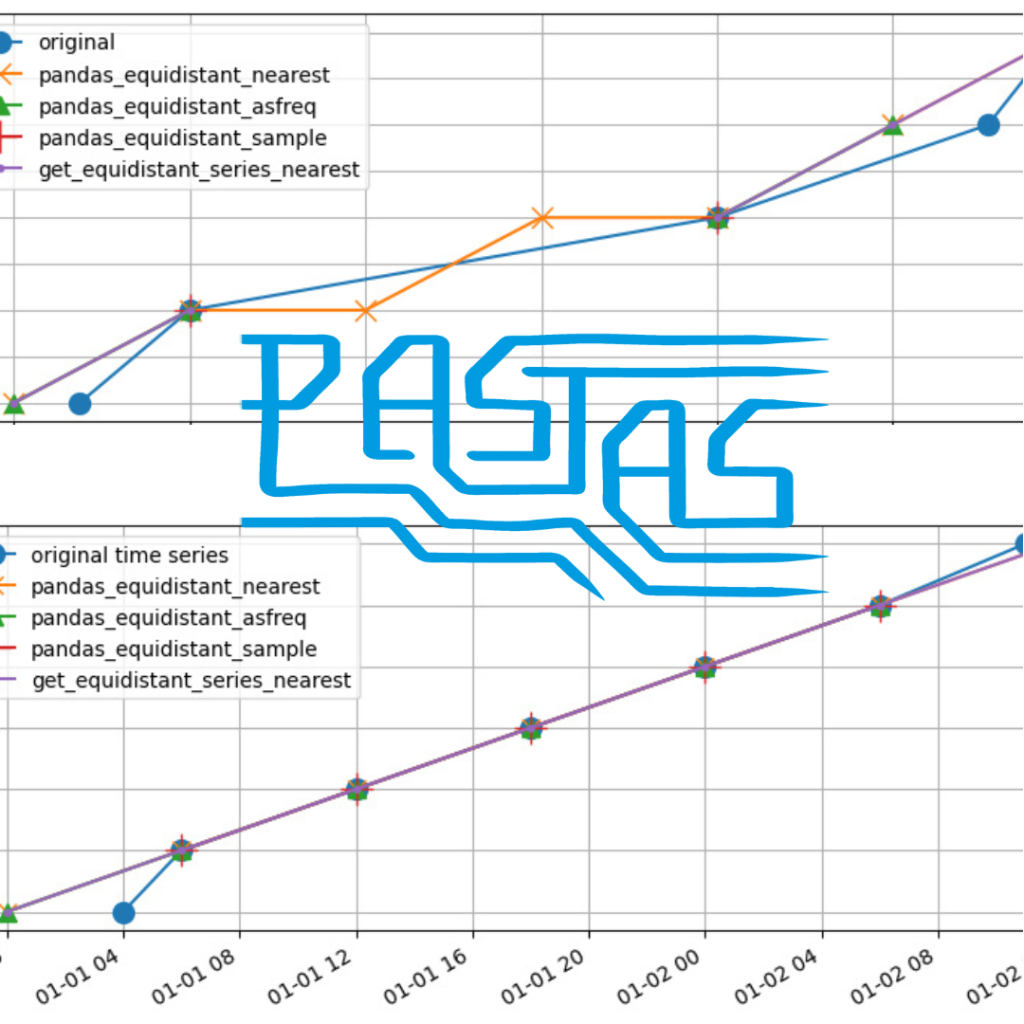On-demand
Modelling Groundwater Level Time Series with Pastas
Analyse and model groundwater level time series using the Python software Pastas to gain insights into groundwater systems.

About
Take sessions at any time, at your own pace with unlimited access for 30 days on sign up.
Pastas is an open source Python package to analyse hydro(geo)logical time series. Time series modelling is a powerful tool for understanding groundwater dynamics, offering a data-driven approach to analysing hydrological processes. This course provides a comprehensive introduction to time series modelling techniques using Pastas, focusing on lumped-parameter models that use impulse response functions to describe groundwater level fluctuations. Through a combination of theory and hands-on exercises, participants will learn to investigate key hydrological influences such as precipitation, evaporation, and groundwater pumping using Pastas and Jupyter Notebooks.
Designed for groundwater researchers and practitioners, this four-part course presented by the primary developers of Pastas, provides participants with the skills to integrate time series models into their hydrogeological studies. By working through practical case studies, participants will gain experience in recognising when time series analysis is applicable and how to construct models to interpret groundwater behaviour. This structured learning approach ensures a balance between conceptual understanding and applied problem-solving.
By the end of the course, participants will have the confidence to implement simple time series models in real-world groundwater investigations. You will be able to assess groundwater recharge, evaluate pumping effects, and identify dominant hydrological drivers with a quantitative approach.
Details
| Format | 4 x 2-hour recordings + course material & resources |
|---|---|
| Cost | AUD $1100.00 (INC GST) |
| Code | OD-26-4-141 |
| Contact | [email protected] |
| Tags | Groundwater / Python |
Register your interest: https://awschool.com.au/training/modelling-groundwater-pastas/
Presenters
Onno Ebbens
Artesia
Raoul Collenteur
HydroConsult



